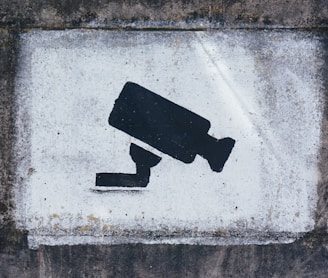Stealing Power: The Criminal and Insurance Consequences for Tenants
6/3/20232 min read


Stealing power from other properties is a serious offense under the Criminal Code of Canada. Section 322 of the Code defines theft of electricity as "fraudulently taking or diverting electricity, or causing it to be taken or diverted, directly or indirectly, from any source of supply." This includes connecting to another property's electrical system without the owner's consent or knowledge.
If a tenant is caught stealing power, they can be charged with theft under section 322 of the Criminal Code of Canada. Depending on the severity of the offense, the tenant may face fines, imprisonment, and a criminal record. These consequences can have a significant impact on the tenant's future, including their ability to find employment and housing.
In addition to facing legal consequences, tenants who steal power can also face consequences from their insurance company if something goes wrong. Insurance companies may refuse to cover damages caused by the tenant's illegal activity, leaving the tenant responsible for the full cost of the damages.
Furthermore, stealing power can also harm the property owner. It can cause damage to the electrical system and can lead to higher energy bills. It can also lead to power outages, which can be inconvenient and costly to fix. Property owners may also face legal consequences if they are found to be aware of the theft and do not take action to stop it.
As a tenant, it is important to understand that stealing power is not only illegal but can also be dangerous and harmful to others. It can lead to power outages, electrical fires, and other hazards. Instead of stealing power, tenants should consider alternative ways to reduce their energy consumption, such as using energy-efficient appliances and turning off lights and electronics when not in use.
In summary, stealing power from other properties is a serious offense under the Criminal Code of Canada and can have significant legal consequences. Tenants who engage in this activity can face fines, imprisonment, and a criminal record. They can also face consequences from their insurance company if something goes wrong. Property owners can also be harmed by the theft and may face legal consequences if they do not take action to stop it. As a tenant, it is important to respect the property of others and to avoid engaging in illegal activities that can harm others.
